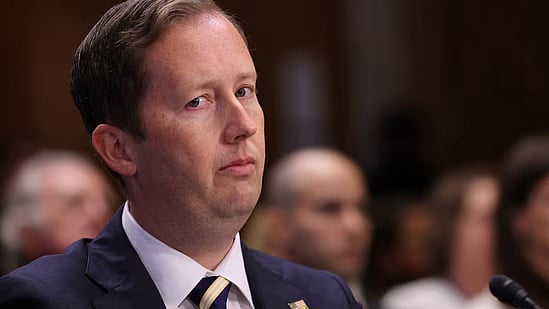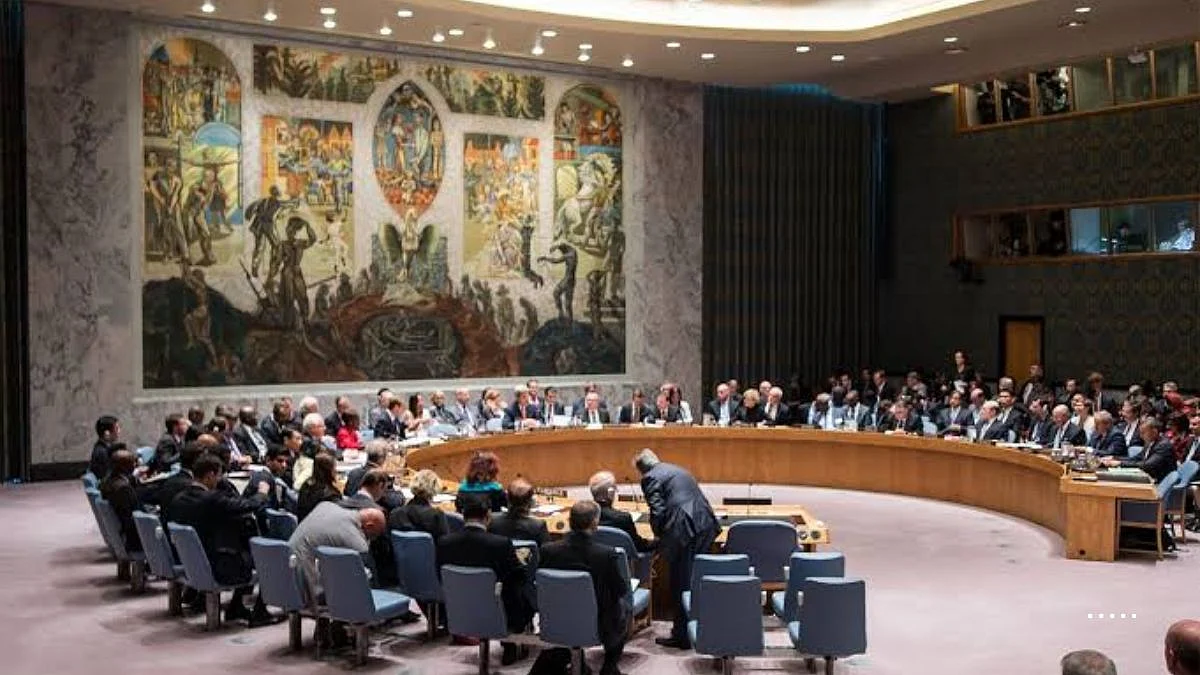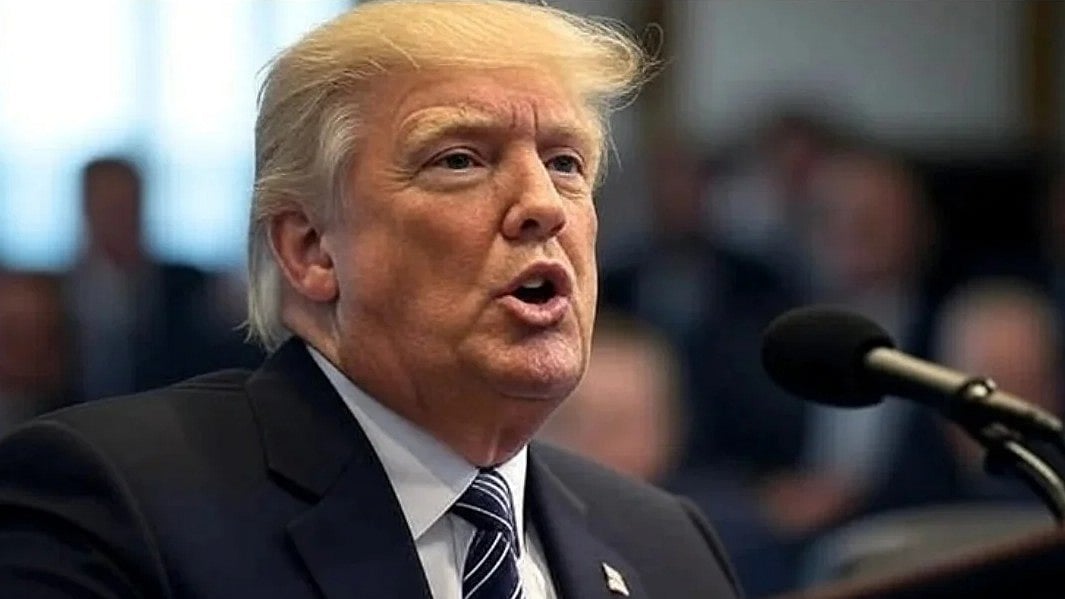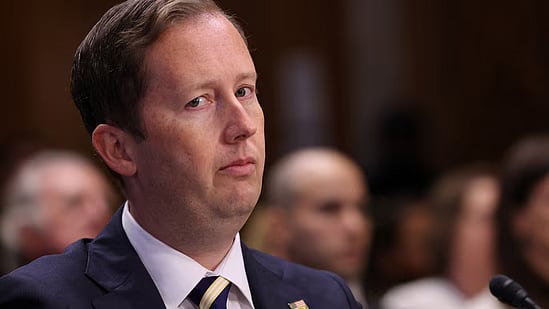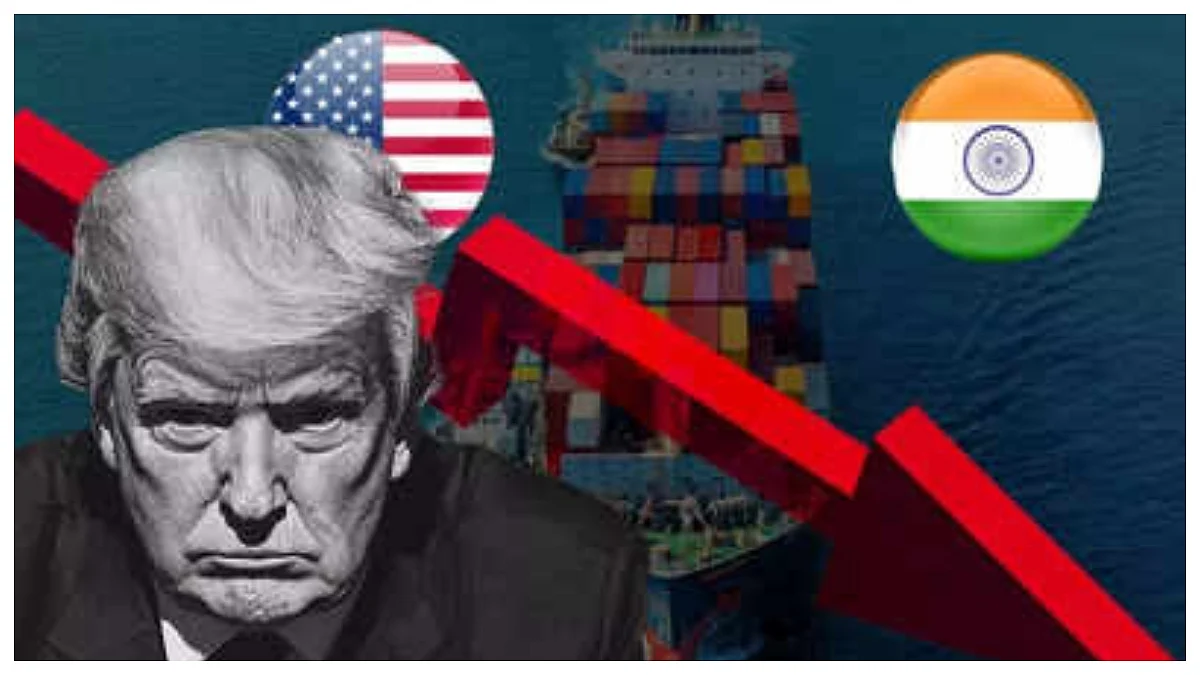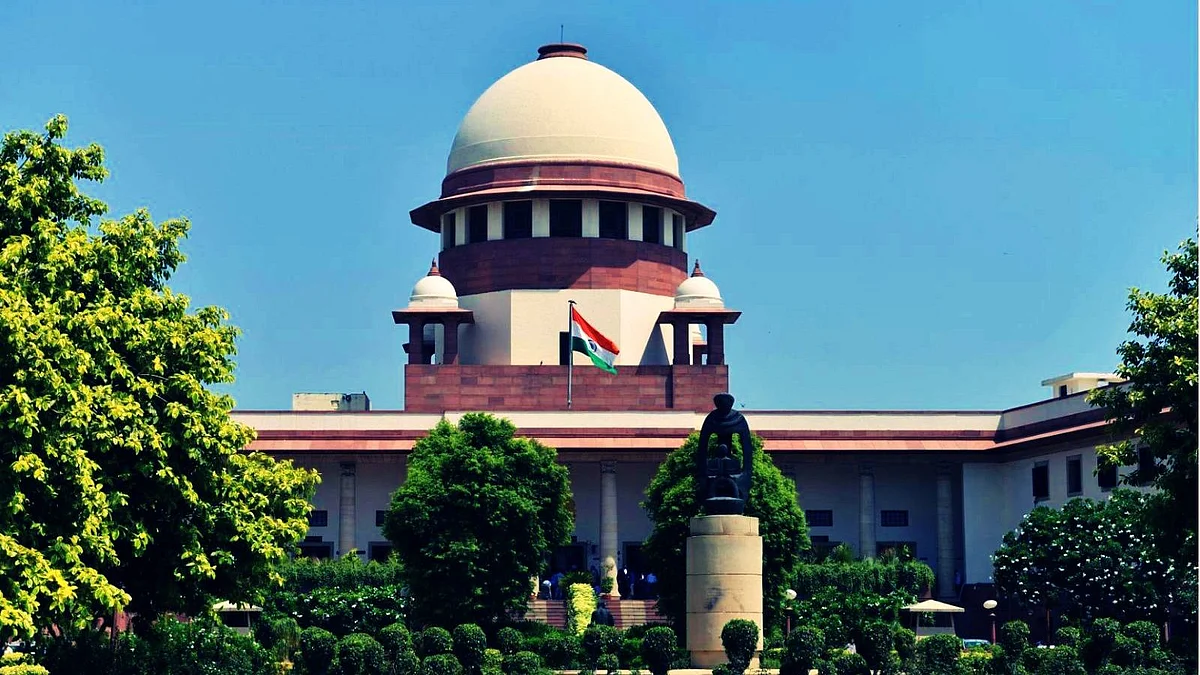India and the US have been, since the August 27 imposition of the additional 25% punitive tariffs, diplomatically jostling. India was disappointed when the US ignored its plea that countries like China and members of the European Union, which also bought Russian oil or gas, were not facing similar repercussions. Consequently, India modified its tactics.
First, Prime Minister Narendra Modi attended the Shanghai Cooperation Organisation’s (SCO) Summit on August 31-September 1. He played up bilateral meetings with Chinese President Xi Jinping and Russian President Vladimir Putin. The 50-minute tete-a-tete with Putin in the Russian leader’s limousine projected ostentatious bonhomie. The finale saw PM Modi theatrically leading President Putin by hand to grab a surprised President Xi and form a hand-holding triad. India signalled that it could veer towards a China-dominated group if unfairly targeted. Of course, India stopped short of a total switch by skipping the Chinese V-Day parade, the day after the SCO Summit.
President Donald Trump, in an immediate post, blurted out that it “looks like we’ve lost India and Russia to deepest, darkest China”. He sarcastically wished the three countries a “long and prosperous future together”. Clearly, the Indian move registered in Washington. As usual with President Trump, more statements followed. On social media he warmly affirmed that “I will always be friends with Modi. He is a great prime minister.” Though he qualified it, writing he did not “like what he’s (Modi) doing at this particular moment.” Though he concluded reassuringly that “There is nothing to worry about.”
Prime Minister Narendra Modi responded instantaneously as follows: “Deeply appreciate and fully reciprocate President Trump’s sentiments and positive assessment of our ties.” The bilateral relationship, he asserted, was a “comprehensive and global strategic partnership”. In between these accommodative statements, Jason Miller, the lobbyist India hired, was photographed beside Trump at the White House. His role in partly restoring the genial atmosphere cannot be ignored, as a confrontational situation dissolved rapidly. Trump’s aggressively garrulous aides also fell silent.
More evidence of de-escalation emerged on the morning of September 8, when the BRICS leaders’ online summit began. While the presidents of China, Russia and South Africa participated, India was represented by external affairs minister S Jaishankar. Brazilian President Luiz Ignacio Lula, the current chair of BRICS, had convened the emergency summit to coordinate a joint response to the challenge posed by the US’ trade war. President Trump has been especially aggressive in handling Brazil and South Africa. More than the SCO summit, where China dominates, BRICS has a level playing field. The Indian Prime Minister’s absence conveyed Indian reluctance to brazenly confront the US.
It fell on Jaishankar to share this message of calibrated solidarity with BRICS, an organisation of which India is a founding member. He began by listing the “cause for genuine concern” about the multilateral systems and the global order. He sought a predictable and stable order, besides shorter supply chains, especially for regional self-sufficiency. Also, trade, he argued, should not be linked to non-trade matters. This addressed the US targeting Brazil for prosecuting former president Jair Bolsonaro for an attempted coup after an election loss. This amounts to blatant interference in the internal affairs of another nation. Similarly, the US demand that India end Russian oil imports, as it funds the Russian military campaign in Ukraine, impinges on Indian strategic autonomy.
Jaishankar also sought reform of multilateral organisations, especially the United Nations Security Council. He regretted the gridlock in international organisations. Significantly, UNSC reform has been stymied by two BRICS members, Russia and China, not as much by the other three permanent members. In fact, three founding members of BRICS, i.e., Brazil, India, and South Africa, seek UNSC permanent membership.
On September 11, Sergio Gor, the US’ ambassador-designate to India, faced a senate confirmation hearing. He made interesting points. Gor said the Indo-US trade talks were on track and the Indian commerce minister was soon expected in Washington. He reaffirmed the personal friendship between PM Narendra Modi and President Donald Trump, observing that even critical social media posts of the US leader never attacked PM Modi. Secretary of State Marco Rubio, while introducing Gor, emphasised the US commitment to stability in the Indo-Pacific region. Hence, he hinted, President Trump stayed committed to the QUAD. The implication is, if the trade issues are settled, especially Indian purchases of Russian oil, Trump may attend the summit, which India hosts later in 2025.
However, a day earlier, President Trump issued two contradictory messages. First, he happily announced “continuing negotiations to address the Trade Barriers”. He looked forward, he added, to speaking soon with “my very good friend” PM Modi. He foresaw a “successful conclusion” to the trade talks. However, soon thereafter, he urged the European Union to impose 100% tariffs on India and China for importing Russian oil.
This wayward diplomatic dance is now Trump’s trademark. Most friends, rivals and allies of the US are playing for time as Trump’s poll ratings drop domestically. Two crucial gubernatorial races in New Jersey and Virginia are scheduled in November. A loss there normally foretells the verdict in the upcoming midterms in November 2026. The attack by Israel on alleged Hamas leaders in Qatar embarrassed President Trump, diminishing his global stature.
Indian diplomacy has sensibly abandoned smug assumptions of perennial US goodwill and adopted a calibrated response. Optimistic statements by ambassador Gor and secretary Rubio are welcome but should be treated with scepticism. President Trump is a typical Manhattan property tycoon, given to utilitarian negotiating and fluctuating moods. The last chapter in the Indo-US saga is yet distant.
KC Singh is former secretary, Ministry of External Affairs.
